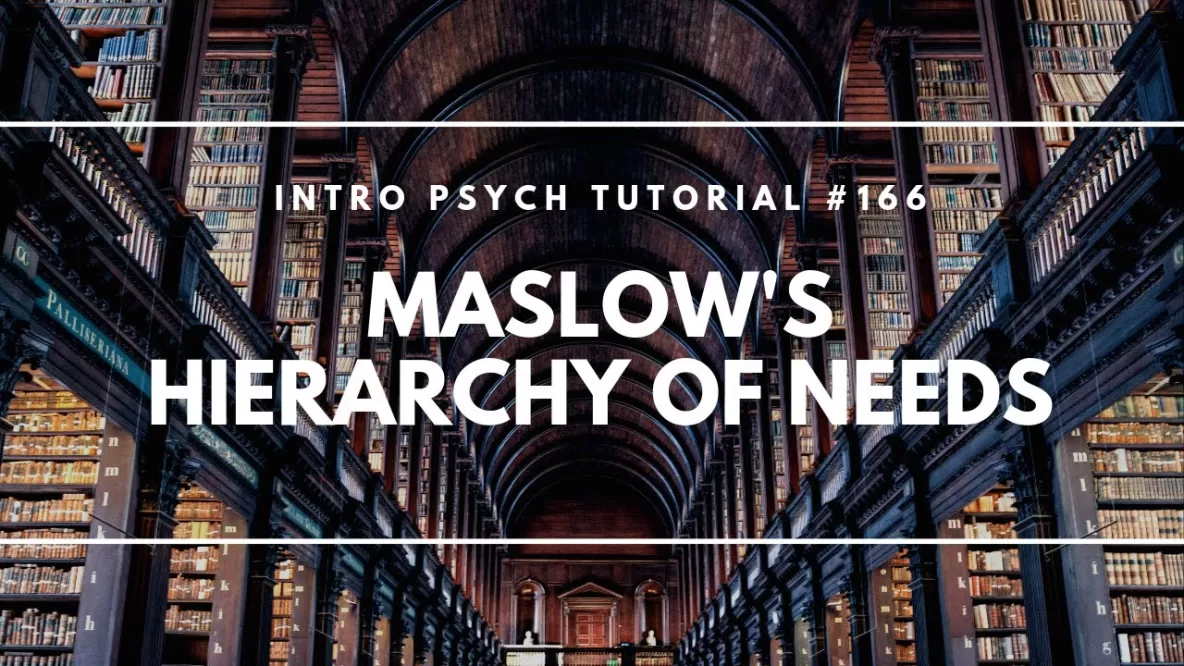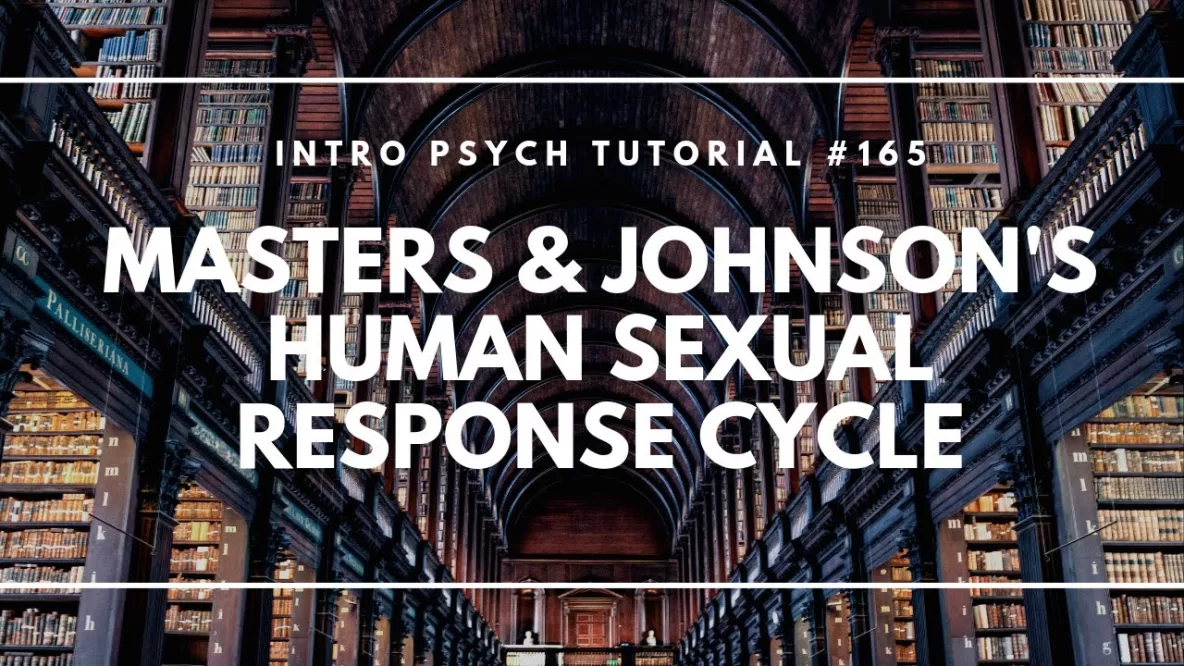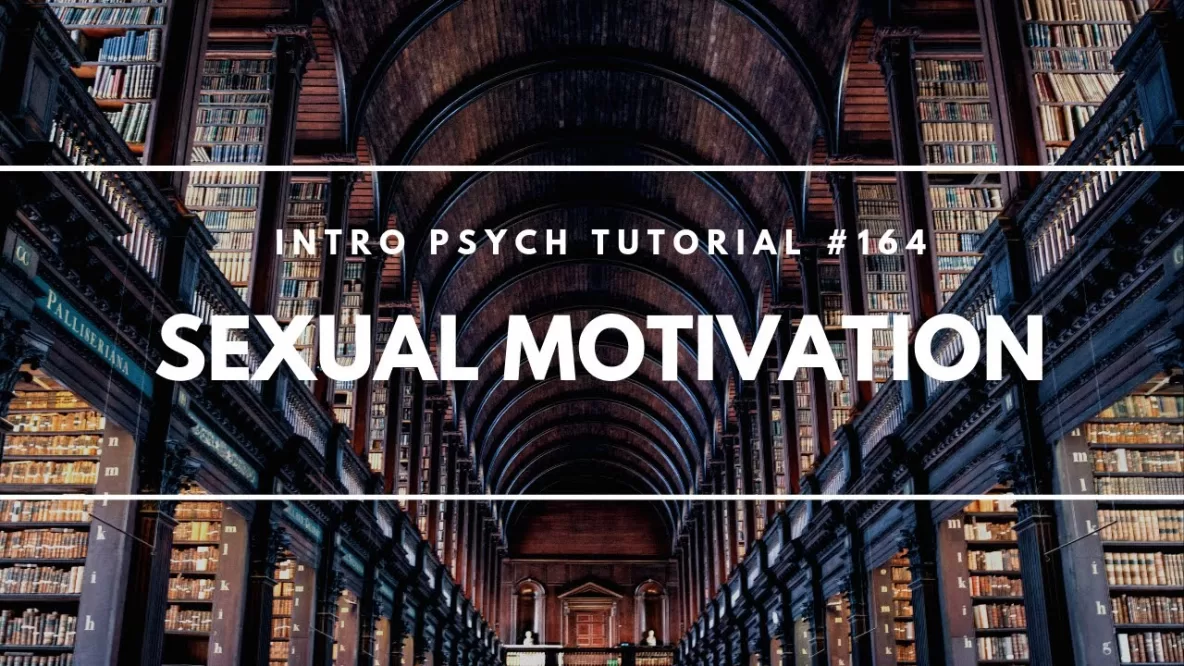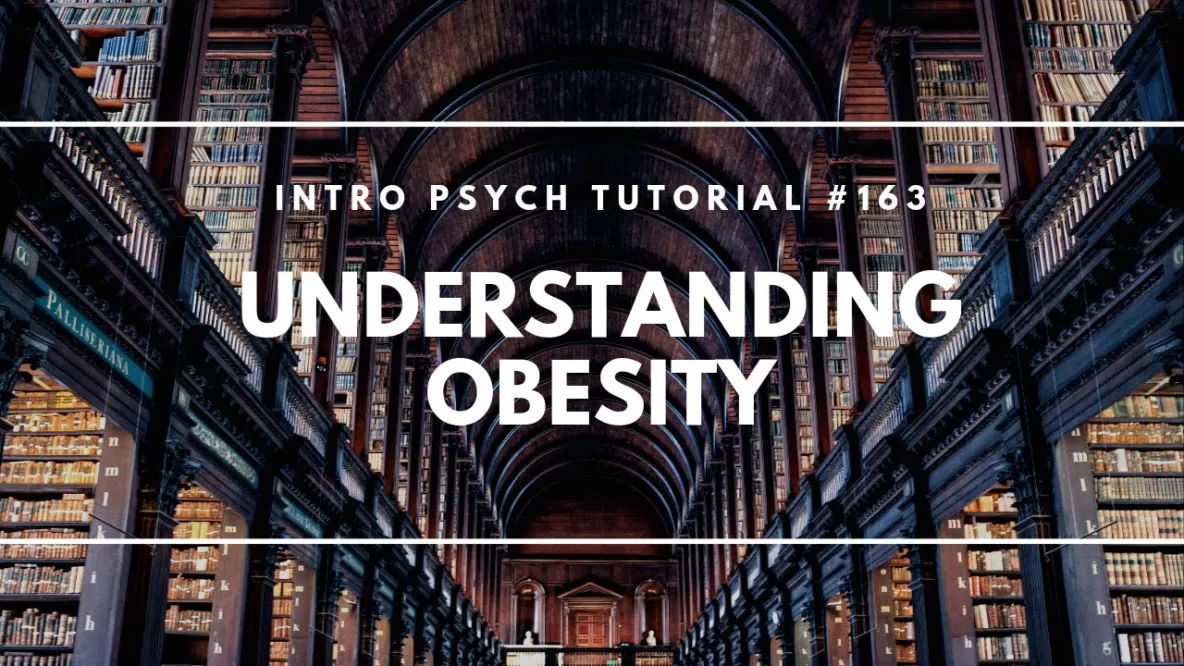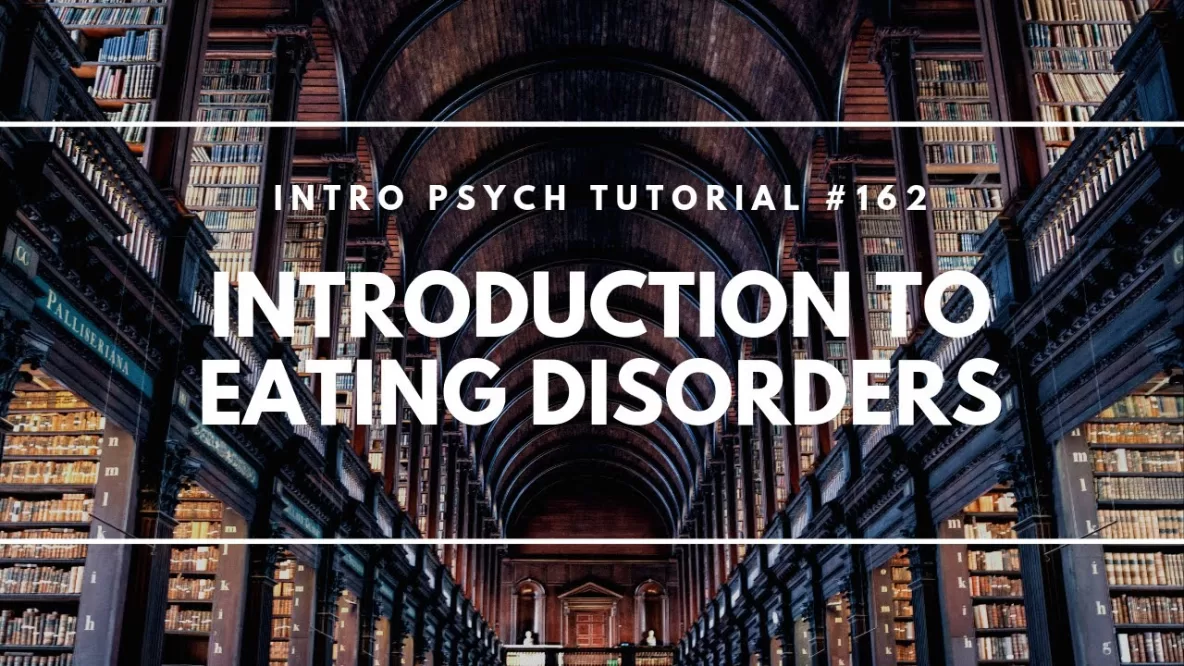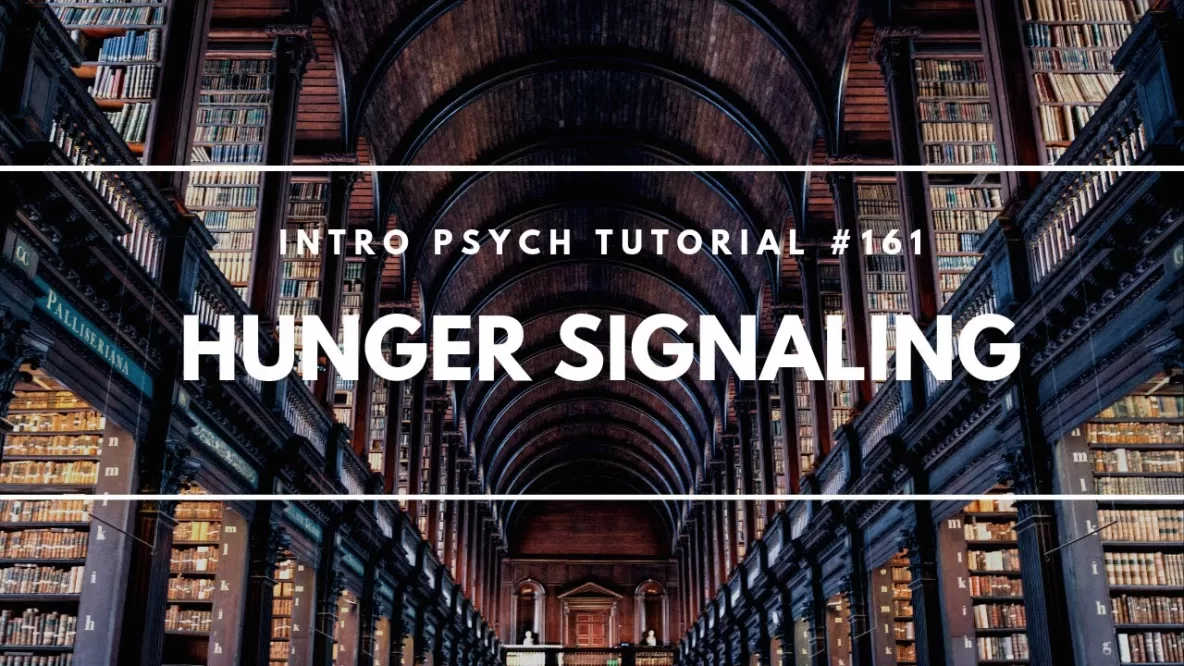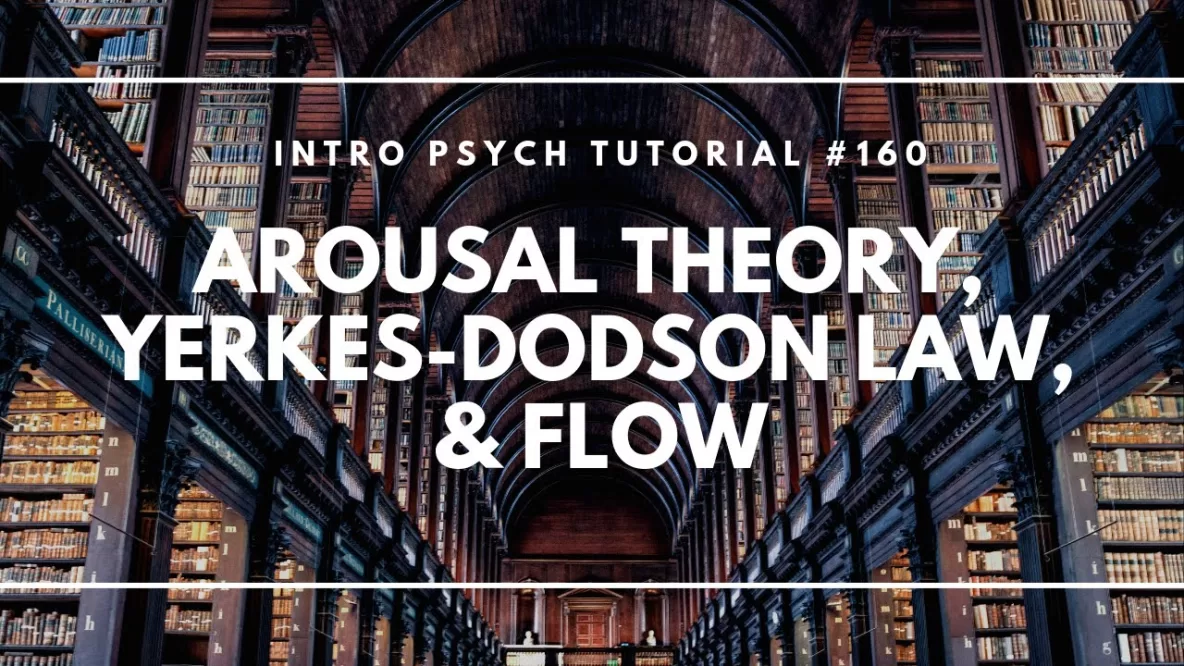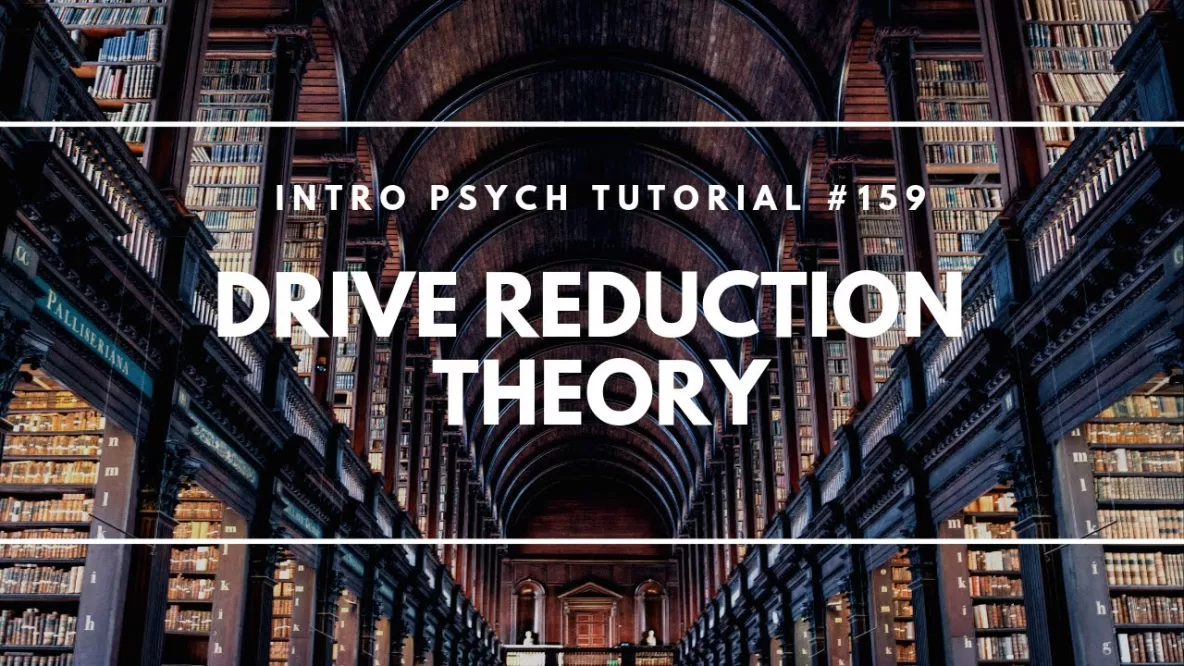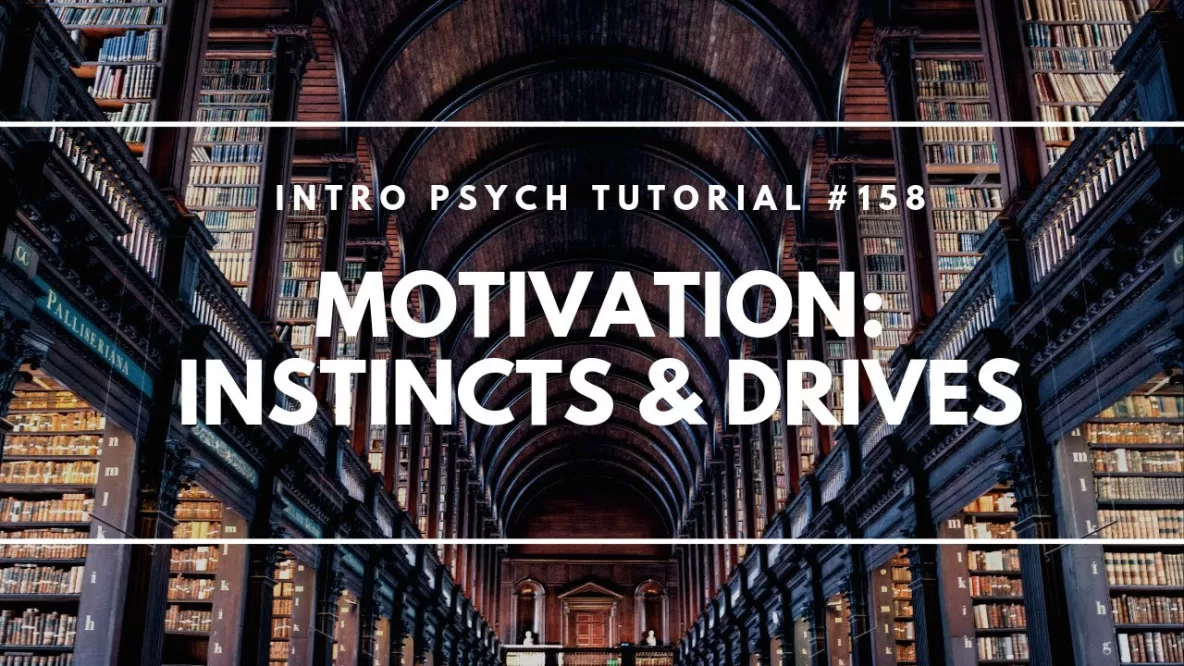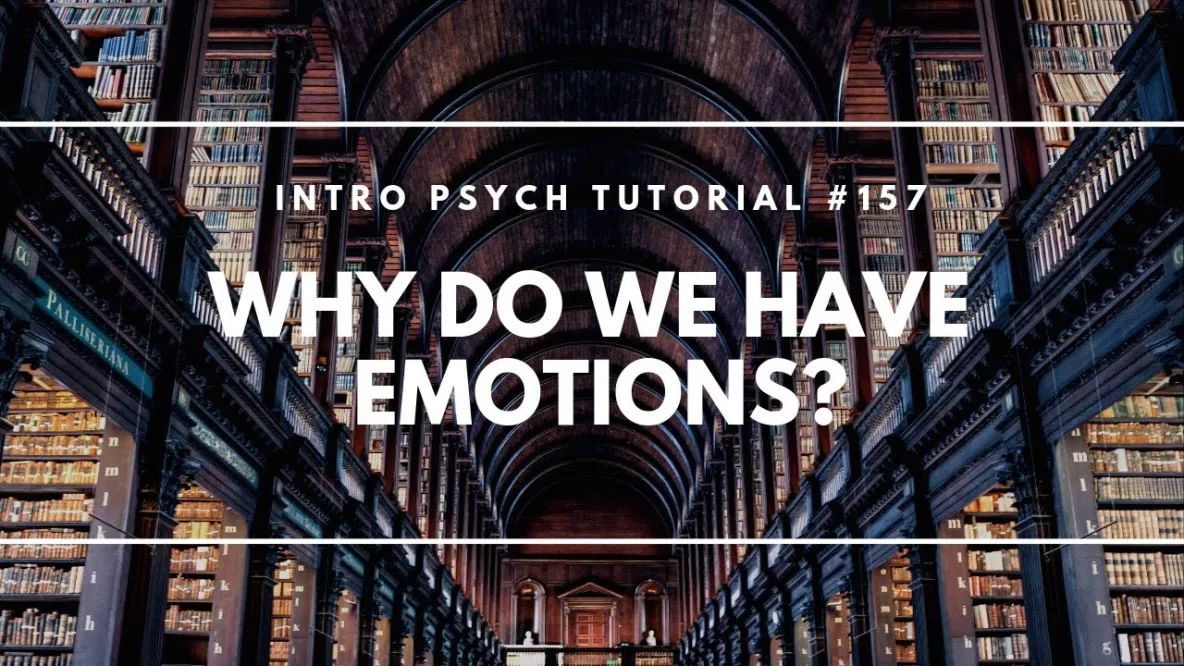In this video I describe one way of organizing the many other motivations that we face: Maslow’s Hierarchy of Needs. Abraham Maslow proposed that motivations could be categorized and then those categories could be arranged into a hierarchy of importance, … Read More
Masters & Johnson’s Human Sexual Response Cycle
In this video I briefly describe the work of William Masters and Virginia Johnson in identifying 4 distinct phases of the human sexual response cycle: excitement, plateau, orgasm, and resolution. Like these videos? Don’t forget to subscribe to the channel … Read More
Sexual Motivation
In this video I introduce the basics of sexual motivation and briefly describe hormones involved. Next I discuss some important differences between humans and other species when it comes to sexual motivation, including estrus and hidden fertility. I explain how … Read More
Understanding Obesity
In this video I consider evolutionary explanations for the modern struggle with obesity. I describe how obesity is defined using the calculation of body mass index or BMI and consider potential problems with this simple calculation. I also discuss set … Read More
Introduction to Eating Disorders
In this video I introduce 3 eating disorders: bulimia nervosa, binge–eating disorder, and anorexia nervosa. I briefly describe the symptoms of these disorders and how they may arise from complex interactions of biological factors like genes or hormones and environmental … Read More
Hunger Signaling
In this video I describe how hunger is turned on (the orexigenic signal) and off (the anorexigenic signal) and how hormones and other cues influence motivation to eat. The lateral hypothalamus is involved in turning on hunger, while the ventromedial … Read More
Arousal Theory, Yerkes-Dodson Law, & Flow
In this video I describe arousal theory, the Yerkes–Dodson law, and flow. Arousal theory suggests that there is an optimal level of arousal that we are motivated to maintain and that we will seek out activities that serve to raise … Read More
Drive Reduction Theory
In this video I describe Clark Hull’s Drive Reduction Theory. This theory proposes that behaviors can be considered rewarding because they reduce drives. Drives can then be regarded as primary drives or secondary drives, depending on whether they directly aid … Read More
Motivation: Instincts & Drives
www.psychexamreview.com In this video I describe two theories of motivation; the concept of instincts and drive theory. Instincts referred to inherited tendencies that were considered to motivate behavior without any prior experience. Later, drive theory proposed that departures from an … Read More
Why Do We Have Emotions?
In this video I discuss why we have emotions and how they play a role in our assessments of good and bad, our decision-making, and even our perception. I describe the hedonic principle, Antonio Damasio‘s patient Elliot, and the rare … Read More

